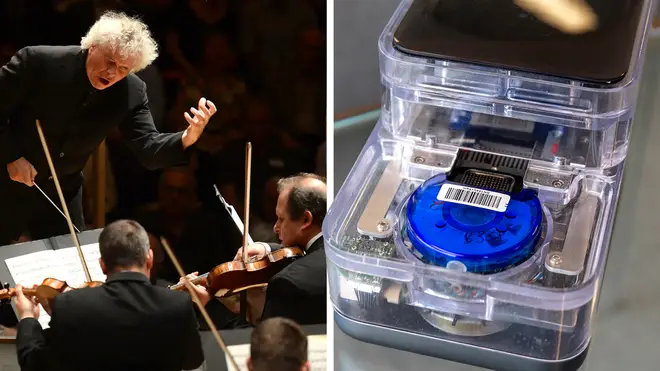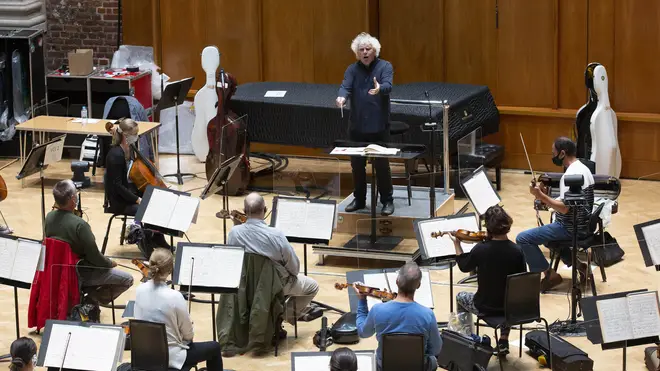On Air Now
Calm Classics with Ritula Shah 10pm - 1am
15 September 2020, 12:35

The LSO is working directly with DnaNudge, the developer of a rapid COVID-19 test, in a bid to accelerate the return of live music in the UK.
London Symphony Orchestra is working with DnaNudge, the developer of the rapid ‘COVID Nudge’ COVID-19 test, in a bid to accelerate the return of live music.
The orchestra, one of Classic FM’s partner orchestras, is taking part in regular testing using DnaNudge’s lab-free test in order to return to live performance as quickly as possible – and hopefully lead the way for other artists to do so as well, following the damaging impact of the coronavirus pandemic.
The orchestra has used the test, which is authorised by the government’s Medicines and Healthcare products Regulatory Agency (MHRA) for clinical use, ahead of recent rehearsals and performances, and will continue to do so throughout the rest of 2020. The creation and application of the testing technology has been led by DnaNudge co-founder and chief exec Professor Chris Toumazou.
Read more: Andrew Lloyd Webber: arts at ‘point of no return’ following pandemic damages >

LSO music director Sir Simon Rattle said: “Music’s ability to connect and inspire people has never been more needed, so it has been so truly wonderful for the orchestra to be able to gather together again – an experience that has been so much missed by our musicians and by our audiences.
“We are immensely thankful to Professor Toumazou and the entire DnaNudge team for their part in getting this world-class orchestra back where it belongs – sharing the transformative power of incredible music.”

Simon Rattle conducts the LSO in London's Trafalgar Square
DnaNudge’s ‘COVID Nudge’ test is a ‘rapid, accurate, portable and lab-free RT-PCR test’ which has been authorised by the MHRA for clinical use and which can deliver results within an hour.
Work on the test started earlier this year and was validated in April with promising results, and it’s currently being rolled out across the UK in NHS settings to help elective surgery to resume.
It’s currently being used successfully in several London hospitals, according to the lab’s website.